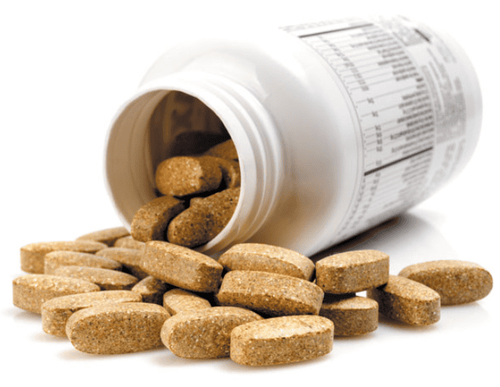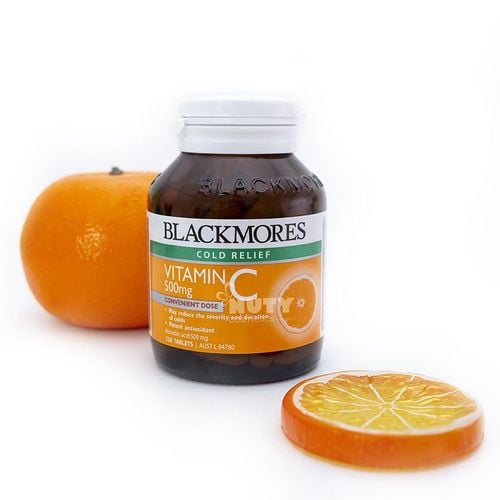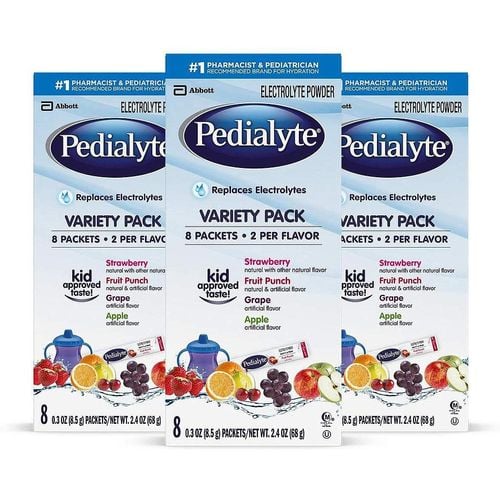This is an automatically translated article.
A fresh apple can be a delightful snack. Apples can be kept for a long time before they start to spoil. In fact, apples that are past their use-by date may not be good to eat.
1. How long do apples keep?
How long an apple can be stored depends on when it was harvested and the method of storage from that point on. Many fruit distributors are able to store apples under proper storage conditions and keep them fresh for several months before they are shipped to the grocery store.
For example, apples are often treated with a gas called 1-methylcyclopropene (1-MCP). The use of 1-MCP prevents apples from ripening by blocking the action of ethylene - a colorless gas that promotes natural fruit ripening. However, these apples will ripen again after the apples are removed from this storage medium.
The most important thing for consumers is how to store apples well at home, at what temperature and for how long?
Here is an estimate of how long apples will be stored, depending on how we store them:
On the fruit counter: 5-7 days In the pantry: 3 weeks In the refrigerator: 4-6 weeks After cutting: 3 - 5 days in the refrigerator, 8 months in the freezer Processed into apple sauce: 7-10 days in the refrigerator, 2 months in the freezer Cooked, as in the case of apple pie: 3 - 5 days in the fridge
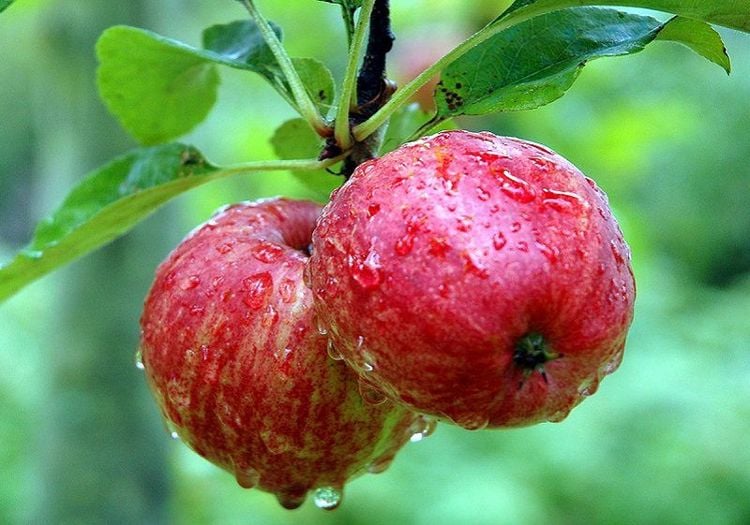
Trái táo có thể bảo quản được bao lâu cần dựa vào nhiều yếu tố khác nhau
2. How to tell if an apple has gone bad?
Fresh apples for a firm feel, bright skin, and pleasant fruity aroma. When you bite the apples, you will feel they are crispy and juicy.
A few signs will make it easier for you to recognize an apple that has begun to spoil. When apples are damaged, they will have bruises, tender spots, wrinkled skin or areas of discoloration. In addition, apples may become soft, spongy, with liquid oozing from the skin of the apple. The taste of the apples will also change, they are bland and no longer tasty. It's best to discard apples that are soft or show signs of expiration, as they can lead to potential health risks.
3. Risks of eating expired apples
Although eating apples that have already begun to spoil is not good, it is not always dangerous and their health effects are not always immediately visible. Apples are also susceptible to mold and mildew growth just like other fresh produce.
Molds are harmful microorganisms that can cause allergies or respiratory reactions in some people. Some microorganisms also contain mycotoxins, which lead to many food-related illnesses. Mycotoxins can also disrupt the balance of your gut flora, which can negatively affect your immune system and increase your risk of developing other illnesses.
In spoiled apples there is also a toxin called patulin, which is produced by the species Penicillium expansum. When patulin is consumed in large quantities, it can cause nausea and bleeding ulcers and may even increase the risk of cancer.
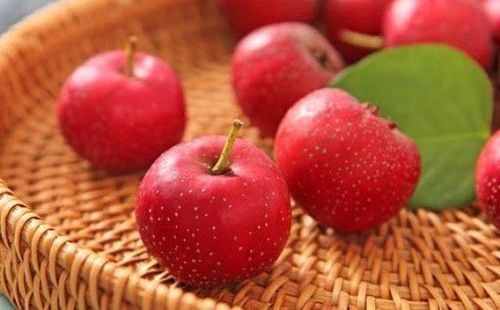
Sử dụng trái táo hết hạn có thể ảnh hưởng đến sức khỏe người dùng
4. How to extend the shelf life of apples
Increasing the shelf life of apples can be as simple as practicing good food storage habits at home.
Here are a few things you can do to help keep apples as fresh as possible:
Do not wash apples until you are ready to eat them Leave apples whole, do not cut/peek until you are ready to eat them them, as exposure to oxygen can accelerate oxidation and spoilage Store whole apples in the refrigerator drawer rather than in the pantry or on the counter, as at cold temperatures apples retain their freshness longer Soak apple slices in a mixture consisting of 1 teaspoon (5ml) of lemon juice and (240 ml) of water to slow down the natural oxidation process. Wrap apples individually in a zippo or paper bag to prevent the ingress of ethylene gas, which in turn promotes the ripening of any surrounding apples. By following some of these simple home preparation and storage tips, you can enjoy fresh and delicious apples for longer.
Reference source: healthline.com




